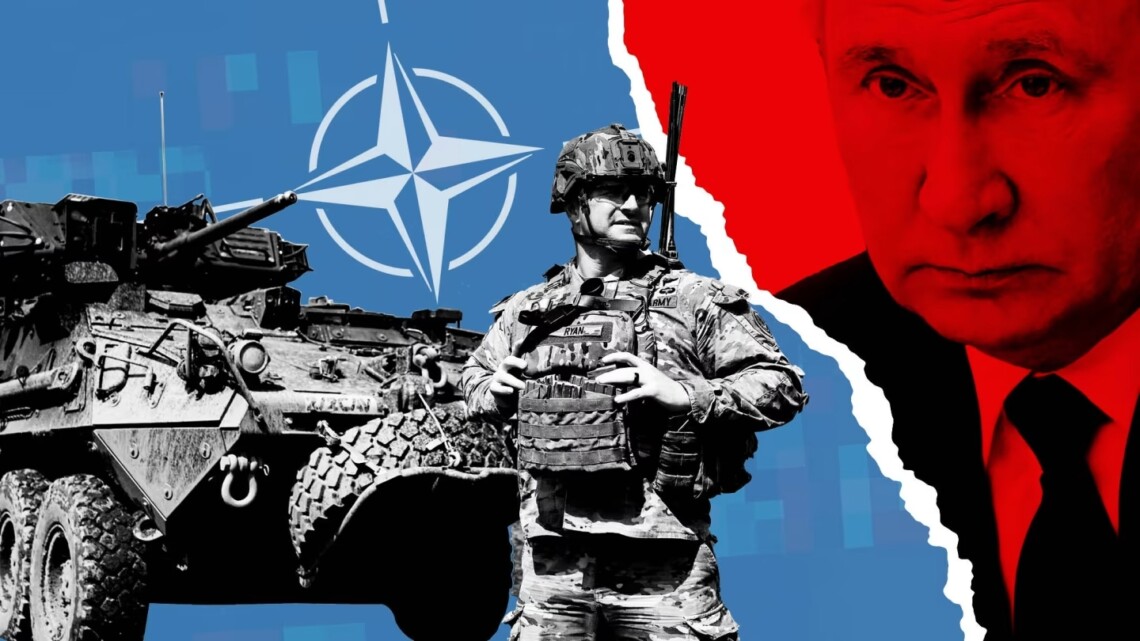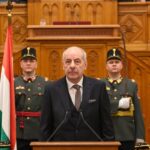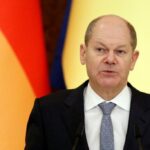They have been talking about the fact that Russia has been preparing to intervene in NATO countries for two years. Whether there are real reasons and signs for that is an interesting question. Let’s consider the pros and cons.
In recent years, events have changed rapidly, new axes of opposition have formed, and all processes that took decades until recently have now accelerated to years and even months. Such examples can be European integration processes or the pace of accession of new members to NATO. But the Kremlin’s intentions remain unchanged: they are determined to expand their territories and spheres of influence. The main direction of expansion is to the West in Europe.
Will they dare?
The main evidence that an attack on NATO countries is planned is the following:
– Putin announced this a couple of weeks before a full-scale attack on Ukraine in 2024 during a meeting with representatives of Germany, France, and the USA. He demanded to restore the map of spheres of influence in Europe to the model of 1989, i.e., before the reformation of Poland and the fall of the Berlin Wall.
– The attack on Ukraine became one of the pieces of evidence of the seriousness of these intentions because war is a clear definition of the positions of other countries in support of Russia or Ukraine. All those who support Kyiv automatically become enemies, and attacking enemies is not the same as attacking peacefully existing countries, for example, Latvia or Lithuania.
Every month, Russia’s accusations of neo-Nazism of the Baltic governments become more systematic and louder, and the “oppression” of Russians and Russian-speakers is actively promoted in the Russian mass media. All this is aimed at creating informational prerequisites for an attack.
Won’t they dare?
On the other hand, a direct attack on NATO countries is an ambitious and very daring idea. It must be remembered that this is not the first year that Russia has been waging the largest war on the planet.
However, some arguments say that the Kremlin will not allow direct military aggression in the next decade:
– Moscow understands that there are more “gentle” but no less effective intervention means. For example, it is deepening propaganda activities in regions of interest. That is why the Kremlin is allocating record sums to this area.
– Emphasis is also placed on political influence, and this has results. This is evidenced by the position of Donald Trump, and the attitude to the Russian-Ukrainian war in Hungary, Croatia, and several other European countries, the list of which is growing.
However, a detailed analysis shows that Moscow does not rule out both options but instead intends to combine them for greater efficiency. That is why Russia’s military-industrial complex is growing at an unprecedented pace. The volumes indicate that this is not just a cold war, but a real preparation for practical actions.


